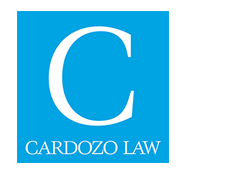Document Type
Article
Publication Date
3-22-2021
Graduation Year
2022
Abstract
As fitness companies transform into entertainment companies, new licensing issues arise regarding music in an at-home work-out video versus music heard in an in-person gym class. Specifically, the usage of music in a gym class requires a public performance license whereas watching that same class from home requires a sync license because the “music is synchronized with visual media output.” Over the past 3 years, Peloton has faced a snowball effect in litigation, beginning with an allegation that they did not have the sync licensing required for their at-home workout videos. First, as discussed below, the National Music Publishers’ Association (“NMPA”) filed suit because of Peloton’s lack of licensing for over 57% of their music library. Although that suit was ultimately settled, it was not the end of Peloton’s woes. Following that suit and the removal of more than 5,700 songs from Peloton’s library, customers were outraged. They had been promised an “ever-growing library,” and were now limited only to the songs that Peloton had obtained licensing for.
This post was originally published on the Cardozo Arts & Entertainment Law Journal website on March 22, 2021. The original post can be accessed via the Archived Link button above.
Recommended Citation
Kartos, Nancy, "Cycling Through Litigation: The Ultimate Cost of Not Entering into Appropriate Sync Licensing Agreements" (2021). AELJ Blog. 278.
https://larc.cardozo.yu.edu/aelj-blog/278



